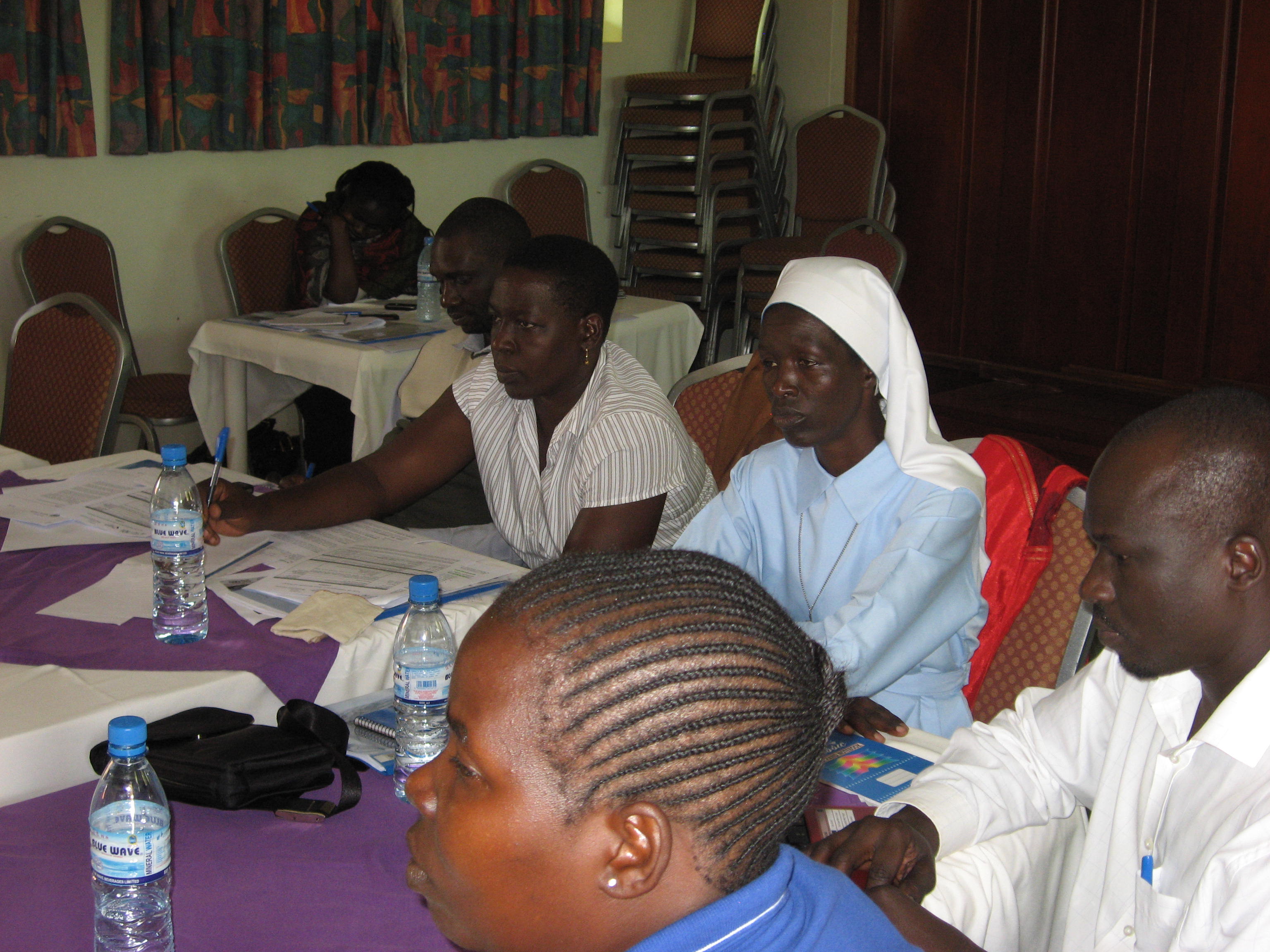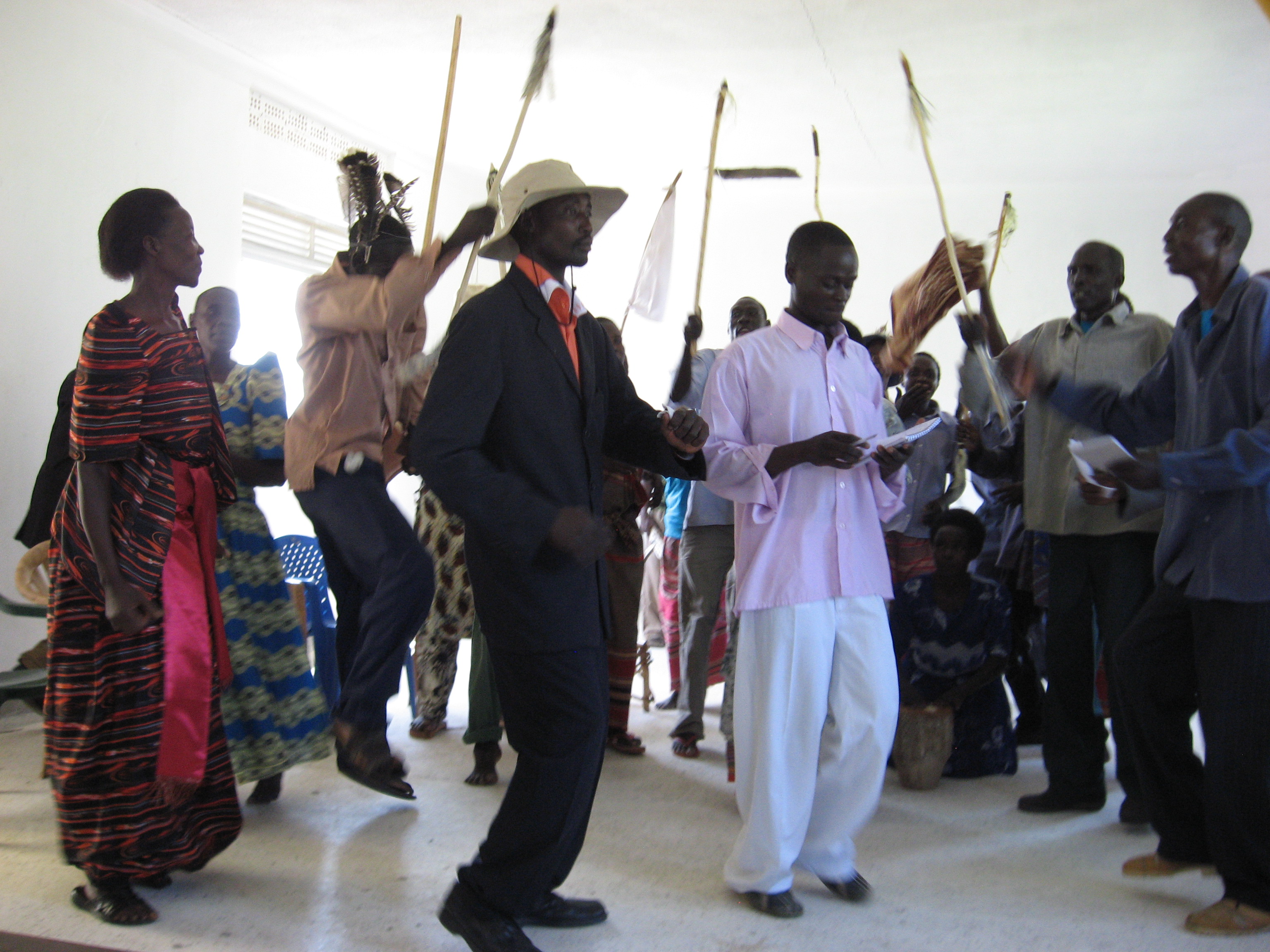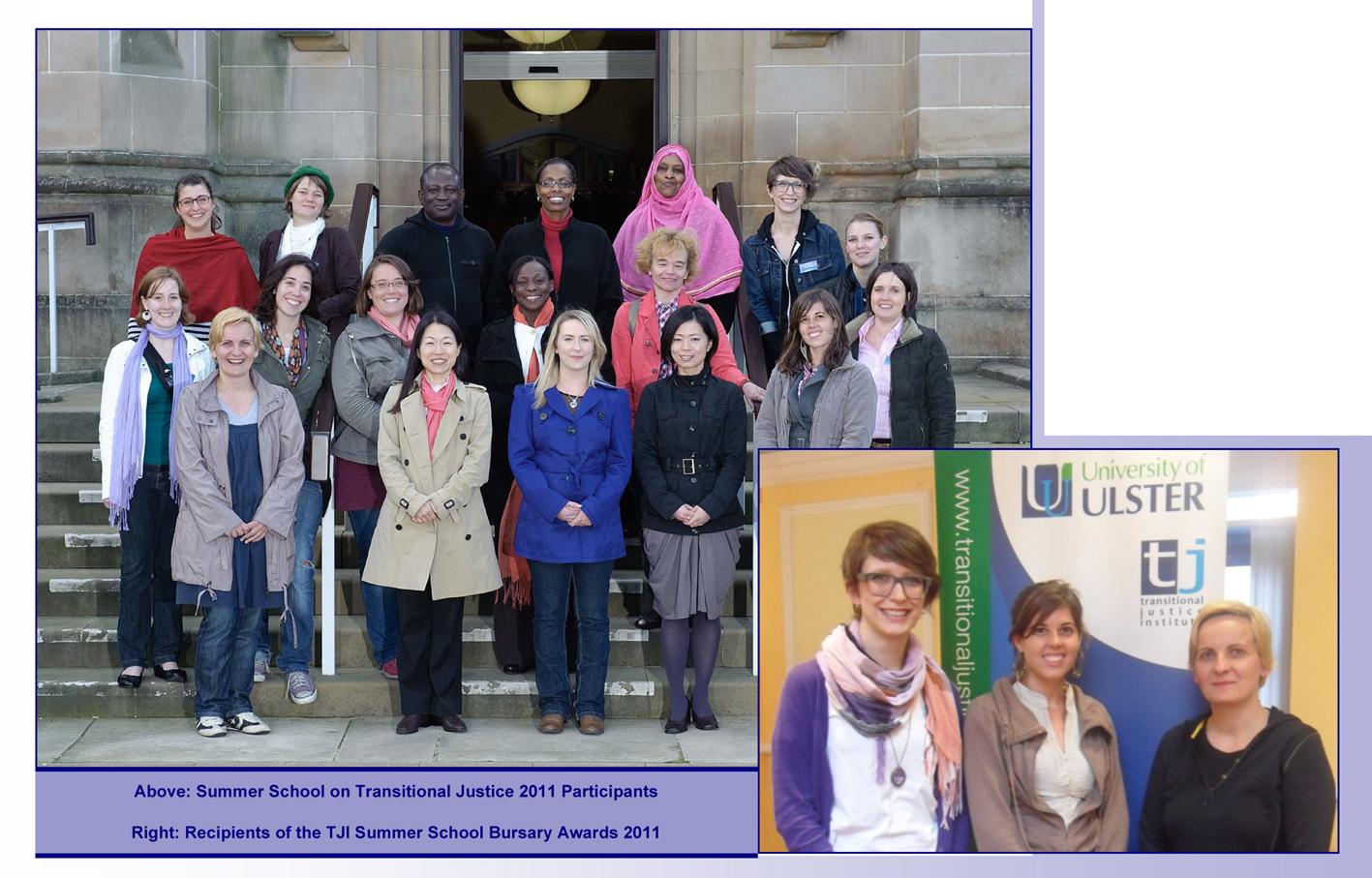
The Mayor of Pader Town Council, Kilama Fearless Wodacholi, folded his hands and leaned across the table. “It touched me so much that my country has not yet done enough for [the survivors], he said. “It touched me that a lot of them say the war has not ended. It is only the silence of the guns.”
Mr. Wodacholi had just come from a regional dialogue, organized by the Justice and Reconciliation Project. The meeting took place on Wednesday, October 31st and brought together local leaders from across Northern Uganda, as well as victims’ representatives. Almost 90 people attended. It was sponsored by the Trust Africa Fund and hosted at Global Friendship Hotel in Gulu Town. The goal was to discuss the challenges victims currently face, and come up with comprehensive strategies to tackle those challenges, ahead of a national conference in January.
Post -conflict restoration is an oft forgotten battle-ground. Wars finish with an exodus. Weapons are laid away, journalists turn off their cameras and aid organizations depart. Yet, peacetime brings its own set of obstacles, and the world turns a blind eye. The exodus complete, national and international attention is diverted to problems considered more pressing.
Wednesday’s regional dialogue empowered survivors to be activists, as they illuminated post conflict issues and demanded action. A woman identified as Winnie spoke passionately about the trauma latent in her community. Many of her fellow abductees have never received counseling or medical care. They still carry the burdens of war. Daily torment rubs salt in these wounds. She described being taunted when she left her home; her movements restricted. She also claimed that there have been few initiatives to support survivors. “Our very leaders are fighting us. Do we still belong to the community, or have they rejected us?” Winnie asked. Her voice rose and her eyes were wet.
Another woman, called Lily, explained how stigma is passed on to the next generation. Children born in captivity are punished for the simple fact of their existence. Some are bullied by their classmates and teachers to the extent that they stop attending school. “They stay in fear,” she said.
Leaders were moved. “There has been a gap,” said Abia Sub-County Chief, Sylvia Ometo. “We have not been following up on our women and girls who have come back from captivity . . . when I go back [home] I will give special concern to them.”
Leaders spent the rest of the meeting developing blueprints for change. They discussed using existing structures, such as the radio, community gatherings and the church to promote acceptance, and implanting livelihood initiatives to alleviate poverty. They also spoke of gathering data on how many former abductees exist in their communities, in order to better understand the problem and allocate aid.
There were also calls to push for an act of parliament, and to support survivors of conflict via affirmative action. “The most painful thing on earth is the memory of what you saw,” said Mr. Wodacholi. “Being a slave in your own land is a very painful moment . . . to reduce the suffering of these young people, and to give them hope, there must be an act of parliament.”

Rampant corruption, however, impedes change, particularly at the national level. “For long are we going to pretend that we are standing for the plight of vulnerable persons?” asked Chairmen LCV of Omoro, Peter Douglas Okello. He added, “We must make the parliament and government accountable to the citizens. We must have a government that is accountable to the people.” He spoke at the official close of the meeting and appealed to the collective audience.
Later, standing in the bright sun outside of the hotel, Mr. Okello recalled his time as the District Speaker of Gulu. He presided over a petition submitted to parliament by WAN. Parliament deliberated over the document, but there has been no action from the central government of Uganda. That was nearly five years ago. He indicated that in addition this stalemate, the state of corruption in Uganda is such that services are poorly delivered and money is misspent. Mr. Okello called ardently for action. “The government of Uganda and the development partners all over the world need to review the development agenda for Northern Uganda, to focus on post-conflict recovery, transformation and development,” he said.
On the whole, leaders considered the meeting a success, and remained optimistic about future proceedings. Lapono Sub-County Chief, Akullu Margaret Otto, claimed that leaders will now, “advocate so much that [survivors] should be treated as our own people.”
JRP will continue to work directly with vulnerable communities and with officials in order to develop the strategies discussed, and will bring those strategies to the national conference in January.
A previous version of this article stated that the WAN petition was submitted to parliament seven years ago, rather than five. JRP deeply regrets this error.








